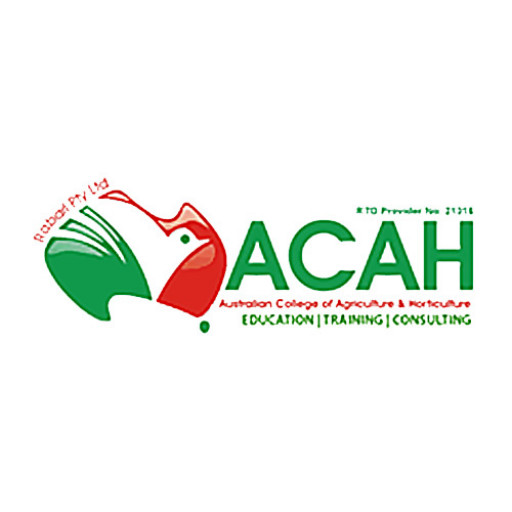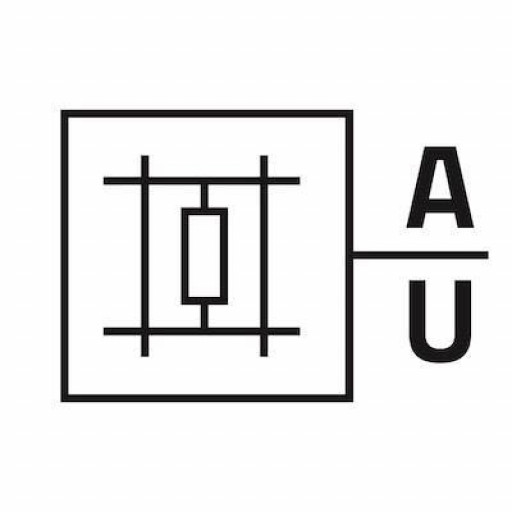Wool Classing is a comprehensive and practical program designed to equip students with the necessary skills and knowledge to excel in the wool industry. Offered by Bendigo TAFE, this course provides a solid foundation in wool evaluation, sorting, and grading techniques essential for ensuring the quality and value of wool products. Throughout the program, students will learn how to accurately assess wool characteristics such as fiber diameter, length, strength, and cleanliness, enabling them to classify wool according to industry standards. The curriculum combines theoretical instruction with hands-on training, giving students real-world experience in wool sampling, preparation, and classing procedures. Participants will also gain an understanding of wool marketing, pricing factors, and sustainable practices within the wool industry. The program is ideal for individuals seeking employment as wool classers, wool handlers, or in related roles within the wool processing sector. With a focus on industry best practices and compliance with national standards, the course prepares graduates to confidently contribute to the quality control and value maximization of wool batches. Delivered by experienced industry professionals, the Wool Classing program emphasizes safety, attention to detail, and sustainable practices, making it a valuable pathway into Australia's vibrant wool industry. Upon completion, students will be equipped with the skills necessary to perform accurate wool classing, enhance wool quality, and support the operational needs of wool handlers and traders. This program represents an excellent opportunity for those aspiring to enter or advance within the wool industry, combining practical skills with industry insights to foster successful careers in wool classing and related fields.
The Wool Classing program at Bendigo TAFE offers comprehensive training for individuals seeking to develop skills in the classification and grading of wool. This program is designed to provide students with a solid understanding of wool properties, grading standards, and effective classification techniques used in the wool industry. Throughout the course, participants will learn about the history and significance of wool classing, the different types of wool, and the impact of wool quality on pricing and market value. The program covers practical skills such as handling wool samples, identifying various wool types and faults, and accurately grading wool based on industry standards. Students will also gain knowledge about wool preparation processes, including cleaning, sorting, and storage, to ensure quality control throughout the supply chain. Additionally, the course emphasizes the importance of health and safety procedures in wool handling environments, fostering safe work practices for individuals working in wool production and processing settings. The program incorporates both theoretical lessons and hands-on training, allowing students to practice grading techniques under guided supervision, ensuring they develop confidence and competence in their abilities. Upon successful completion of this program, graduates will be equipped with valuable skills that enhance employability in wool production, trading, and processing industries. They will be prepared to work as wool classers, contributing to the integrity and quality assurance of wool products. The Wool Classing program at Bendigo TAFE is ideal for those looking to enter the wool industry or to enhance their existing skills, supporting a sustainable and competitive wool sector. The program also aligns with industry standards and offers pathways for further education and accreditation in related agricultural and industrial fields.
Program requirements for Wool Classing at Bendigo TAFE encompass comprehensive theoretical knowledge and practical skills essential for careers in wool evaluation and classing. Applicants are generally required to have completed a minimum of Year 10 or an equivalent secondary education, demonstrating basic literacy and numeracy skills. Prior experience or fundamental understanding of the wool industry is advantageous but not mandatory, as the program offers foundational training in wool science, preparation, and grading techniques. Prospective students should possess good observational skills and attention to detail, which are critical for assessing wool quality accurately. Physical fitness is important, given the hands-on nature of the training, including handling and inspecting wool samples. The program may have specific requirements related to health and safety standards, requiring students to comply with workplace safety regulations and wear appropriate protective gear during practical sessions. In some cases, students might need to provide evidence of vaccinations or health clearances, especially if the program involves exposure to certain environments or materials. English proficiency is essential for understanding instructions, completing assessments, and engaging effectively in classroom activities; therefore, non-native speakers may need to demonstrate equivalent language skills through tests or prior qualifications. The program emphasizes the importance of punctuality, discipline, and professionalism, reflecting industry standards. Applicants are encouraged to have an interest in agriculture, textiles, or animal husbandry, as these backgrounds can enhance understanding of wool grading principles. Enrollment may also require completion of a relevant pre-course assessment or interview to evaluate suitability and commitment. Successful completion of the program prepares students for roles such as wool classers, wool graders, or wool preparation technicians, with the potential for further specialization or advancement within the wool and textile industry. Overall, the program aims to equip participants with the technical expertise, industry knowledge, and practical experience necessary for a successful career in wool classing, aligning with industry standards and professional practices.
Funding options for the Wool Classing program at Bendigo TAFE include various government and private financial assistance schemes. Domestic students may be eligible for government-funded programs such as VET Student Loans, which are designed to help cover tuition fees for eligible students undertaking approved vocational education and training courses. To qualify, students must meet specific criteria, including Australian citizenship or permanent residency, and the course must be on the government’s approved list of qualifications. The VET Student Loans scheme allows students to defer tuition fees, which are then repaid through the Australian taxation system once their income reaches a specified threshold.
In addition to government loans, students can explore scholarships and grants that are offered through Bendigo TAFE or external organizations dedicated to supporting students in agricultural, textiles, or wool industries. Some private sector companies or industry associations may provide financial assistance or sponsorship opportunities for students demonstrating commitment or potential in wool classing.
International students studying the Wool Classing program are generally required to pay tuition fees upfront, unless they are eligible for specific scholarships or financial assistance packages arranged through the institute or external providers. International students typically cannot access VET Student Loans; therefore, they should consider other financing options such as personal savings, family support, or external scholarship programs targeting international students.
Furthermore, students often seek flexible payment plans offered by Bendigo TAFE, which allow installments of the course fee across the duration of their studies, easing the financial burden. Additionally, some students might explore external financing through private banks or financial institutions that offer student loans with favorable repayment options, though these are not formally administered by Bendigo TAFE.
In summary, financing options for the Wool Classing program include government-supported loans for eligible domestic students, scholarships, grants, and flexible payment plans. Prospective students are advised to consult Bendigo TAFE’s financial aid office or their official website for the most current and comprehensive information on eligibility, application procedures, and available support schemes to facilitate their study funding.
The Wool Classing program at Bendigo TAFE offers students comprehensive training in the art and science of classing wool to meet industry standards. This course is designed to equip learners with the skills necessary to assess wool quality, understand wool grading systems, and classify wool according to its micron, length, strength, and other vital characteristics. Through a combination of theoretical knowledge and practical application, students gain a thorough understanding of wool properties, the proper use of wool grading tools, and the procedures involved in preparing wool for sale or processing.
Participants in this program will learn about the different types of wool, processing techniques, and the current industry standards for wool classing. The curriculum covers topics such as wool measurement, the role of wool classer in the wool supply chain, and effective communication with growers and clients. The course also emphasizes safety procedures and workplace ethics to ensure that graduates are prepared for professional environments.
Students will have access to modern facilities that simulate real-world working conditions, including wool sampling and grading equipment. Hands-on practice with actual wool samples supports skill development and confidence. The program is tailored to meet the needs of individuals seeking employment within the wool industry, including roles in wool buying, processing, and wool classing.
Completion of this program enables graduates to work as professional wool classers, contributing to the Australian wool industry, renowned globally for its quality and reputation. The course also aligns with industry requirements, enhancing employability and career prospects in wool-related industries. Throughout the course, industry experts often provide insights and guidance, fostering professional networks and facilitating pathways to further qualifications or employment opportunities.
Overall, the Wool Classing program at Bendigo TAFE prepares students to enter a vital sector of agriculture and textiles, with skills that are highly valued both domestically and internationally. The qualification received is recognized within the industry and can serve as a stepping stone towards further specialization or leadership roles within wool processing and trading sectors.






